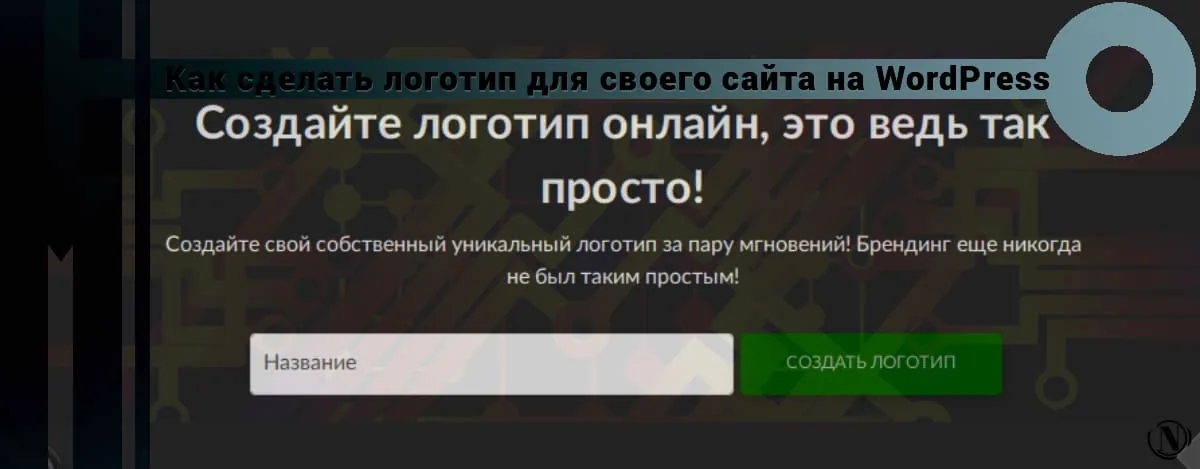SEO is not a problem - these 7 points will help you
 This short article contains the main points on SEO website optimization. They will help you in solving the main problems associated with website SEO. I have compiled 7 points on website SEO and share them with you so that you can avoid commonplace mistakes.
This short article contains the main points on SEO website optimization. They will help you in solving the main problems associated with website SEO. I have compiled 7 points on website SEO and share them with you so that you can avoid commonplace mistakes.
The content of the article:
- 1. Choose the right keywords and layout
- 2. Consistently high quality original articles
- 3. Optimization of the internal pages of the site
- 4. Internal links must be configured
- 5. Sitemap set up correctly
- 6. Don't Change Your Site Template Frequently
- 7. External links
1. Choose the right keywords and layout
Keywords are divided into main keywords, variants of main keywords (synonyms, abbreviations, misspellings), first level keywords, second level keywords and long tail keywords. All search engines index by keywords. The areas in which the keywords are placed are the website title, website description, and the content of the website pages. Simply put, the homepage of a website carries the most weight, so don't clutter your homepage with keywords, but focus on optimizing individual pages.
Homepage keywords are generally based on primary keywords and primary keywords, and similar secondary keywords, long tail keywords, etc., we can put them on the internal page for optimization.
This layout is preferred by search engines. He will also rank higher. In terms of keyword selection, you can search for them as follows, find websites that rank on the homepage among your peers, record their website titles and descriptions, make a selection table, and then compare and choose the best. Of course, you can also use some free keyword tools like GA to expand your keywords!
2. Consistently high quality original articles
- Content the king of SEO! Make sure your website's articles are consistent, high quality, and original! During the sandbox period, guys, don't think about ranking your site right away, all you have to do is be yourself. What do you want the search engine to do?
- Purpose of search engines – address user needs in a timely manner and improve user experience. In this way, your articles can be written with users in mind and display high quality original articles to users in a timely manner (which can solve user problems) so that your website not only has good pageviews but also user experience, so quality articles are a must. !
3. Optimization of the internal pages of the site
Internal page optimization includes heading optimization, placement of keywords on the page, Alt tags, bold, italics, tags should be used wisely, you can no longer display H tags when writing an article, H tags are mainly used to highlight the topic. Tags in bold should also be used with care. As a rule, the article contains 3-5 selections. Alternative descriptions should be combined with real images for enhancement. Don't accumulate too many keywords.
4. Internal links must be configured
The new site basically has no external links and is out of control. Do you want to chase external links (during the sandbox period, you poorly optimized the site, blindly introduced spiders, and deep crawling is actually a kind of damage to the site.
So you can temporarily opt out, but internal links can be controlled. The most important metric for internal links is whether there are dead links and 404 pages on every page of the site? Are URLs canonicalized? Is the URL of the web page correct? The robots files are fairly accurate links to each other. At the same time, remember that you cannot use the same anchor text for links within a page, you must vary it.
5. Sitemap set up correctly
Many websites have added a websitemap, mainly to help crawlers retrieve and crawl the website correctly and quickly, not for humans, but for spiders.
The role of the robots.txt file is to help the sitemap improve crawl efficiency on a website and tell the search engine what content is important and needs to be crawled accurately, and what content is not worth wasting.
For any website, these two documents are very important. The collection of these two documents on a website plays an important role. Therefore, for new stations, these two documents must be created correctly and cannot be ignored.
6. Don't Change Your Site Template Frequently
Many beginners see that the site is not included in the index, so they immediately change the template and make extensive changes. Actually this is not correct. Search engines do not like such frequent revisions. Think of a website that a search engine just planned to index and you just changed the template.
The search engine is watching you again, and you suspect that time is very short. If it grows, it will change again. This will only create a vicious circle! Thus, it is easy to cause a website to be downgraded by search engines after it is online, and it will not be included in the index, or only the home page of the website, the inner page will not be included, or indexing will be unstable.
7. External links
If the site's SEO is poorly optimized and everything is mixed up, don't enter external links. If your website has been optimized over a period of time, you may want to consider offsite website optimization. Of course, this means that it is better (not to spam external links), blogs and forums, high-quality, good external links to keep this in mind!
Reading this article:
Thanks for reading: SEO HELPER | NICOLA.TOP









